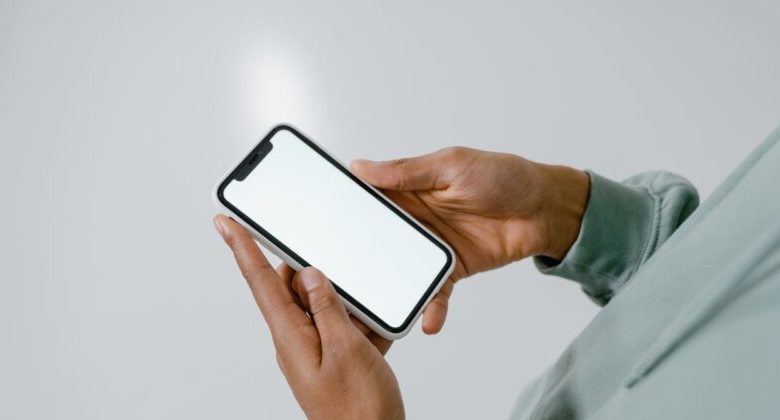EU Officials Warn Staff To Bring Burner Phones To America, Concerned About Spying During Tariff Talks

The European Union is treating the United States more like a surveillance state than an ally—at least when it comes to protecting sensitive information during official visits.
According to the Financial Times, the European Commission is issuing burner phones and stripped-down laptops to senior officials traveling to Washington, D.C., this week, amid growing fears of espionage under Donald Trump’s presidency. This type of cyber-precaution is usually reserved for high-risk visits to places like China or Ukraine, not longtime NATO allies.
The decision comes as relations between the U.S. and Europe continue to worsen under Trump’s leadership. Last month, he imposed steep tariffs on European goods, accused the EU of forming specifically to undermine America, abandoned Ukraine’s defense, and threatened to end American security guarantees on the continent. One EU official told FT: “The transatlantic alliance is over.”
Though the Commission has not confirmed the use of burner devices, it did say that officials have been instructed to turn off their phones and seal them in “special sleeves” at the U.S. border. This comes amid a surge in reports of phones being seized by American customs agents. In some cases, travelers—including tourists and academics—have been denied entry for having anti-Trump content on their devices, The New Republic reported.
The Commission’s increased caution reflects broader European skepticism. A recent survey across nine EU nations found that more than half of Europeans now consider Trump an “enemy of Europe.” Only 10 percent of respondents said they believed the U.S. could be counted on in a future armed conflict.
The distrust is spreading north as well. Canadian institutions are now advising their staff to avoid travel to the U.S. altogether. The Children’s Hospital of Eastern Ontario and Alberta Investment Management Corp. are among those advising against non-essential trips, citing increased volatility. The Canadian Association of University Teachers also warned academics—especially those critical of the U.S. government or identifying as transgender—to stay cautious. Their legal advisory highlights risks of arbitrary device searches at U.S. borders and states Canadians have little recourse if denied entry. Staff are even advised to use burner phones when crossing into the U.S., Bloomberg reported.




